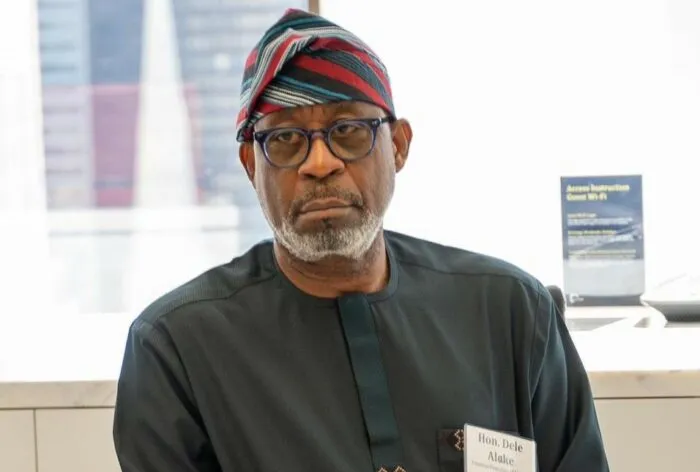Nigeria has secured a United Nations (UN) study facility aimed at boosting its critical minerals value chain. The facility was officially secured by the minister of solid minerals development, Dr. Dele Alake, on the sidelines of the Investing in African Mining Indaba Conference in Cape Town, South Africa.
According to Alake’s special assistant on media, Segun Tomori, the facility is funded by the Global Council for Critical Minerals, a specialised body under the UN’s Sustainable Energy for All programme. The initiative is set to develop a comprehensive roadmap to enhance Nigeria’s critical minerals value chain, from extraction to beneficiation.
Tomori explained that the study, to be carried out by UC Davis and supported by Core International, will focus on examining Nigeria’s critical mineral resources and reserves. It will also aim to set international best practices for developing the value chain in a way that fosters economic growth, with particular emphasis on local solar power production. One of the expected outcomes of the project is a reduction in the importation of solar power products, saving foreign exchange and stimulating the local industrial sector.
In his remarks, Dr. Alake expressed his gratitude to the UN for supporting the initiative, emphasising that it would help advance Nigeria’s solar power policy. He pointed out that Nigeria possesses ample resources for solar production, and stressed the importance of localising the production of solar power products instead of relying on imports. Alake also noted that Nigeria’s market serves the West African sub-region, providing a ready market for locally produced solar products.
Further, Alake assured the UN that Nigeria’s administration, under President Bola Tinubu, is committed to creating a favourable investment climate. He highlighted the government’s efforts to improve security for investors and protect mining environments, as well as revamping the Community Development Agreement to ensure local communities benefit from mining activities. Alake said these steps will create a win-win scenario for investors, the local population, and the state.





